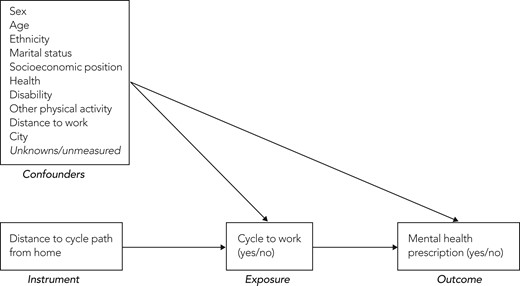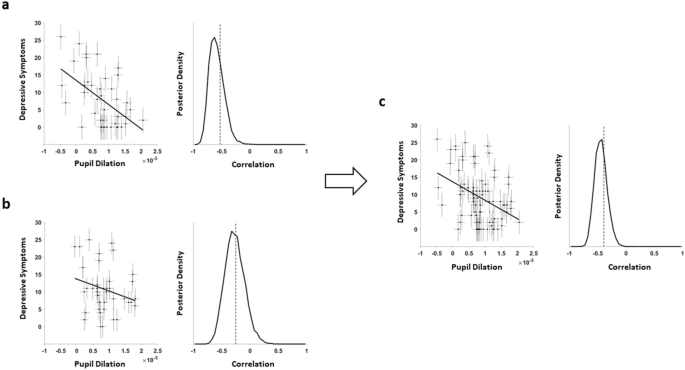2024-01-11 オランダ・デルフト工科大学(TUDelft)
◆研究では、材料の形状、光への露出、栄養へのアクセスが細胞の成長に影響を与え、薄くて大きな表面積を持つ構造が効率を向上させることが示されました。これらの発見は、生体材料の効果的な利用と最適な機能性に向けた新たな方針を提供します。
<関連情報>
- https://www.tudelft.nl/en/2024/tnw/how-living-materials-from-algae-can-best-capture-carbon
- https://onlinelibrary.wiley.com/doi/full/10.1002/adma.202305505
3Dハイドロゲル中でのクラミドモナスReinhardtiiの成長、分布、光合成 Growth, Distribution, and Photosynthesis of Chlamydomonas Reinhardtii in 3D Hydrogels
Jeong-Joo Oh, Satya Ammu, Vivian Dorine Vriend, Roland Kieffer, Friedrich Hans Kleiner, Srikkanth Balasubramanian, Elvin Karana, Kunal Masania, Marie-Eve Aubin-Tam
Advanced Materials Published: 18 October 2023
DOI:https://doi.org/10.1002/adma.202305505

Abstract
Engineered living materials (ELMs) are a novel class of functional materials that typically feature spatial confinement of living components within an inert polymer matrix to recreate biological functions. Understanding the growth and spatial configuration of cellular populations within a matrix is crucial to predicting and improving their responsive potential and functionality. Here, this work investigates the growth, spatial distribution, and photosynthetic productivity of eukaryotic microalga Chlamydomonas reinhardtii (C. reinhardtii) in three-dimensionally shaped hydrogels in dependence of geometry and size. The embedded C. reinhardtii cells photosynthesize and form confined cell clusters, which grow faster when located close to the ELM periphery due to favorable gas exchange and light conditions. Taking advantage of location-specific growth patterns, this work successfully designs and prints photosynthetic ELMs with increased CO2 capturing rate, featuring high surface to volume ratio. This strategy to control cell growth for higher productivity of ELMs resembles the already established adaptations found in multicellular plant leaves.

